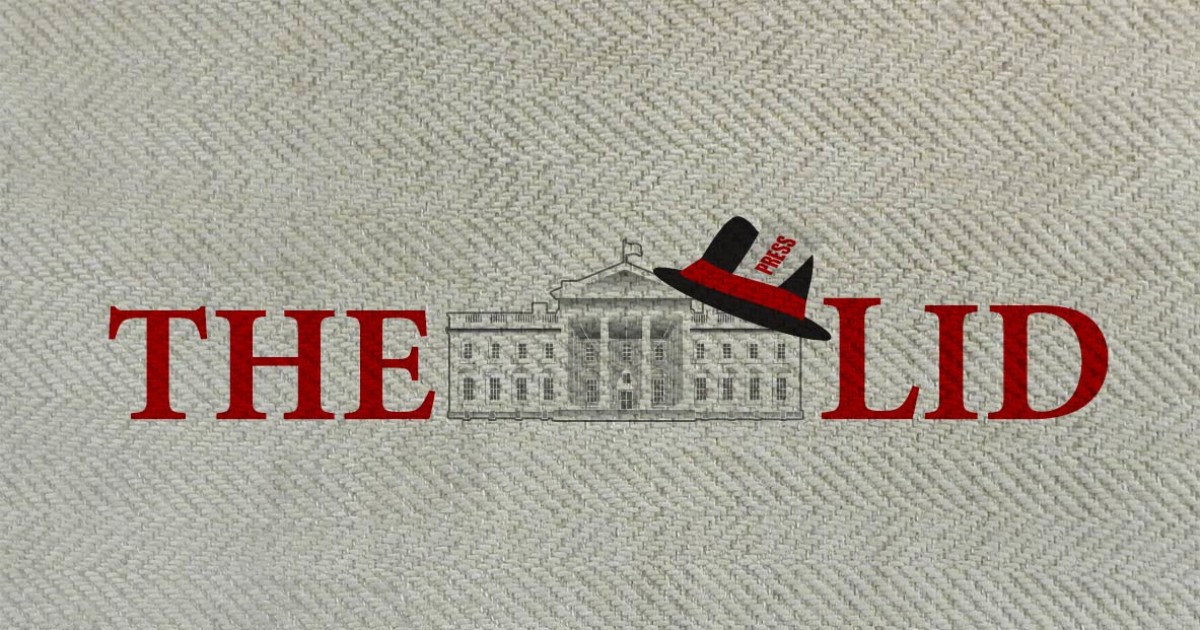The White House and State Department spent most of the last 24 hours trying to convince America that the $400,000,000 payment secretly shipped to Iran the exact same day Iran released American hostages not a ransom payment. Following up on their original story, the Wall Street Journal is reporting that the Department of Justice objected to both Obama concessions involved in the deal.
The two Obama concessions last January to at the same time as the hostage release, were the $400 million which was supposedly the first part of a $1.7-billion-dollar settlement Obama reached with Iran to resolve a decades-old dispute over a failed arms deal signed just before the 1979 fall of the Shah, and freeing or stopping to pursue 21 Iranian operatives. Apparently the Justice Department objected to both of those.
In the end it doesn’t really matter whether or not the Obama Administration considered it a ransom payment, because Iran did. According to the Tuesday report, the payment was folded into the hostage negotiations by Iranian negotiators and granted so the Iranians could “show they had gained something tangible” Justice Department officials objected to the payment exactly because – even if it wasn’t actually a ransom – it would be perceived that way and could incentivize more Iranian hostage taking. And it did. Since the January deal the Iranians have subsequently seized at least two more Americans and foreign nationals from Britain, France, and Canada.
According to the WSJ follow up report:
The timing and manner of the payment raised alarms at the Justice Department, according to those familiar with the discussions. “People knew what it was going to look like, and there was concern the Iranians probably did consider it a ransom payment,” said one of the people… But the concerns in the department show that even within the Obama administration there were worries that the pallets of cash could send the wrong signal to Iran – and potentially to others – about U.S. policy when it came to hostages… the Obama administration issued new guidance on how to handle international hostage cases.
Along with the cash, the Obama administration released or dropped charges against 21 Iranians linked to sanctions busting, terrorism, etc. Seven of them were already in U.S. custody and and the other fourteen were “on the lam.”
Prosecutors were concerned that the U.S. would release too many Iranian convicts and drop too many pending criminal cases against people suspected of violating sanctions laws. They prevailed regarding some of the suspects—those accused or suspected of crimes of terrorism or other violence—but the objections on others were overruled, according to the people familiar with the discussions.
Also happening at the same time as the money transfer and prisoner exchange was the official implementation of the P5+1 nuclear deal.
During Wednesday’s White House press briefing, press secretary Josh Earnest insisted that the $400 million payment to Iran was not ransom, But when asked if the prisoners would have been released without the payment he tap danced around the the question.
Q So would those prisoners have been released then if this money hadn’t been paid then?
MR. EARNEST: Well, again, I think what is true is that there were a team of negotiators — let me just start from the beginning. What I know is true is there were a team of negotiators in the United States that were interacting with Iranian officials to secure the release of five Americans who were unjustly detained in Iran. That negotiating work was successful and those Americans are at home.
There was a separate group of negotiators who were working through The Hague process for decades to try to reach an agreement, a settlement, on these financial claims. And there was momentum in our relationship where we were closing out accounts, where we were resolving longstanding concerns. And in each case, the United States reached agreements and closed out accounts in a way that benefitted the American people. And whether that is preventing Iran from obtaining a nuclear weapon or rolling back key aspects of their nuclear program or securing the release of five American citizens who were unjustly detained there, or reaching an agreement on a longstanding financial claim made by the Iranians about Iranian money in a way that saved the United States taxpayers potentially billions of dollars — there are a lot of benefits to this deal. And we talked about them back in January with a lot of transparency. You all reported on it. And, again, the motive of people who want to talk about it again seems to be to just drum up innuendo in an effort to cover up the benefits of all of these agreements.
Q I think a lot more people find this interesting than just people who are opposed to it. But, again, would those prisoners have been released then if this money had not been paid then?
MR. EARNEST: What I can tell you is that our negotiators who were talking with the Iranians about what was necessary to secure the release of American citizens in Iran succeeded. That was different than the group of negotiators who were involved in The Hague negotiating with their Iranian counterparts to settle these longstanding financial claims.
After re-reading the original story and today’s follow up in the context of the administrations denials in the past day, we are left with an administration desperately trying to convince people that it wasn’t ransom. But it’s always difficult to prove a negative, and this administration has lied to America so many times that it’s hard to take their word for anything they say. But since many Iranians say it was a ransom, Iran and much of the world see it as another loss/embarrassment for the Obama Administration.






